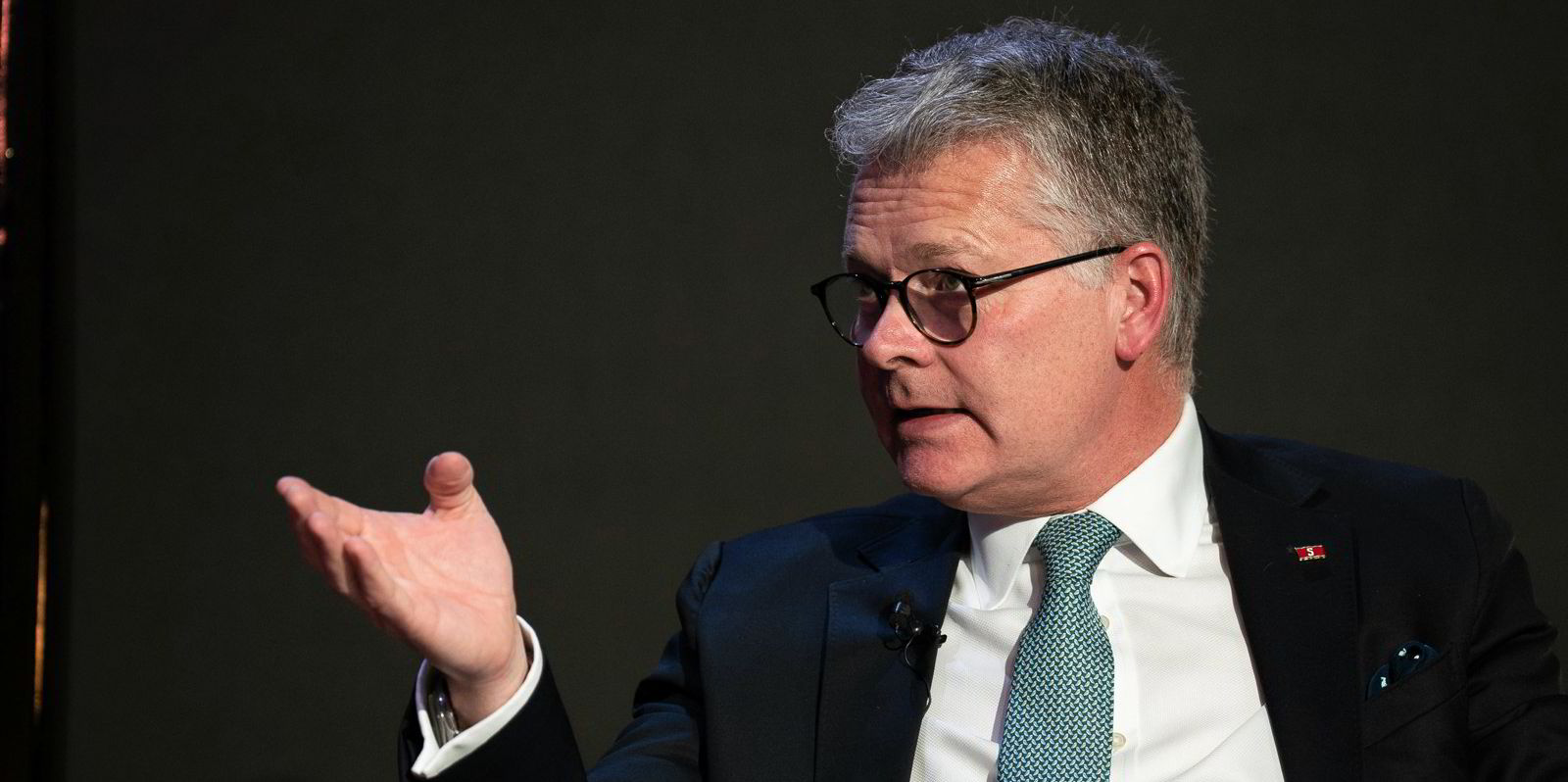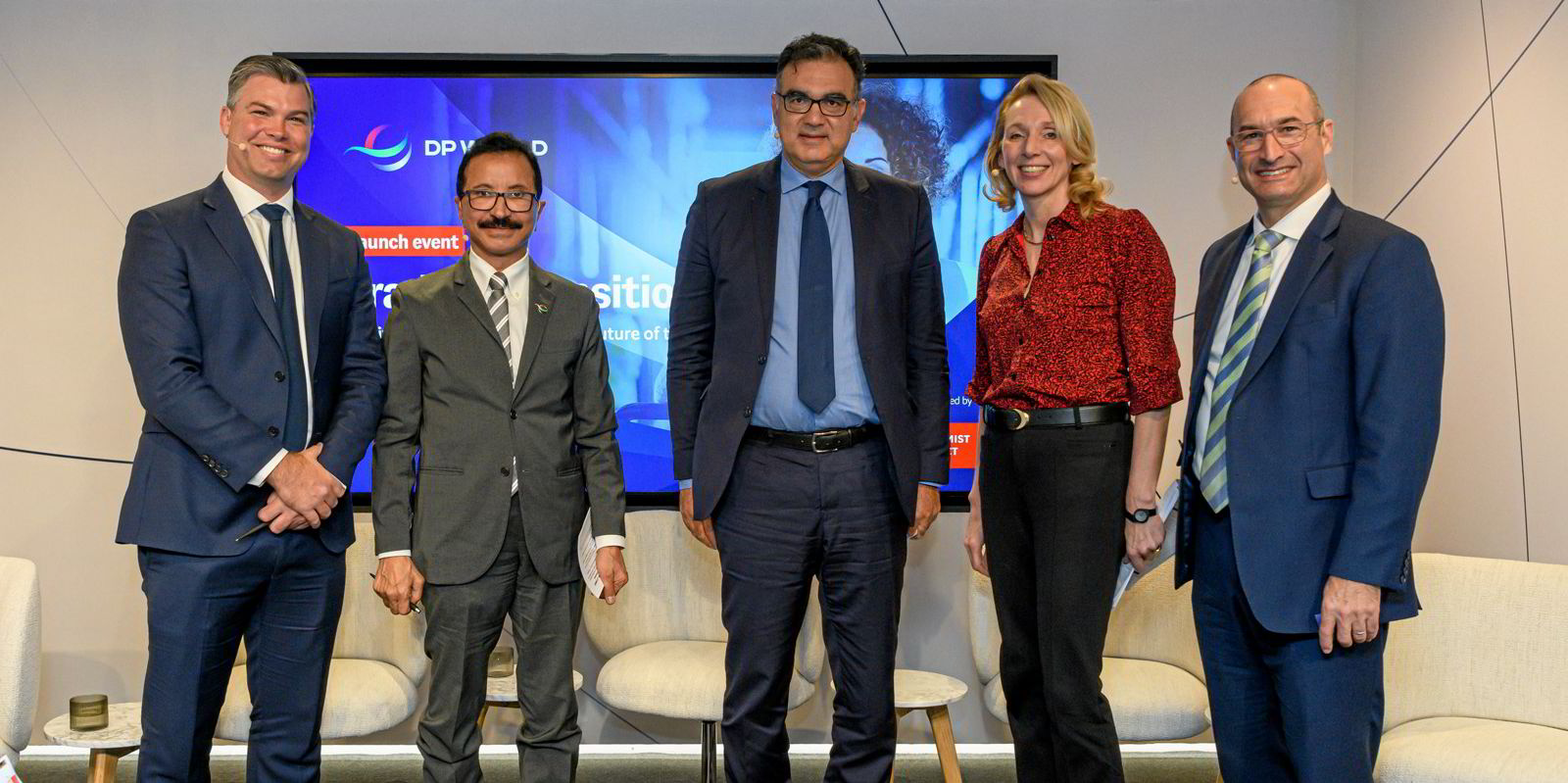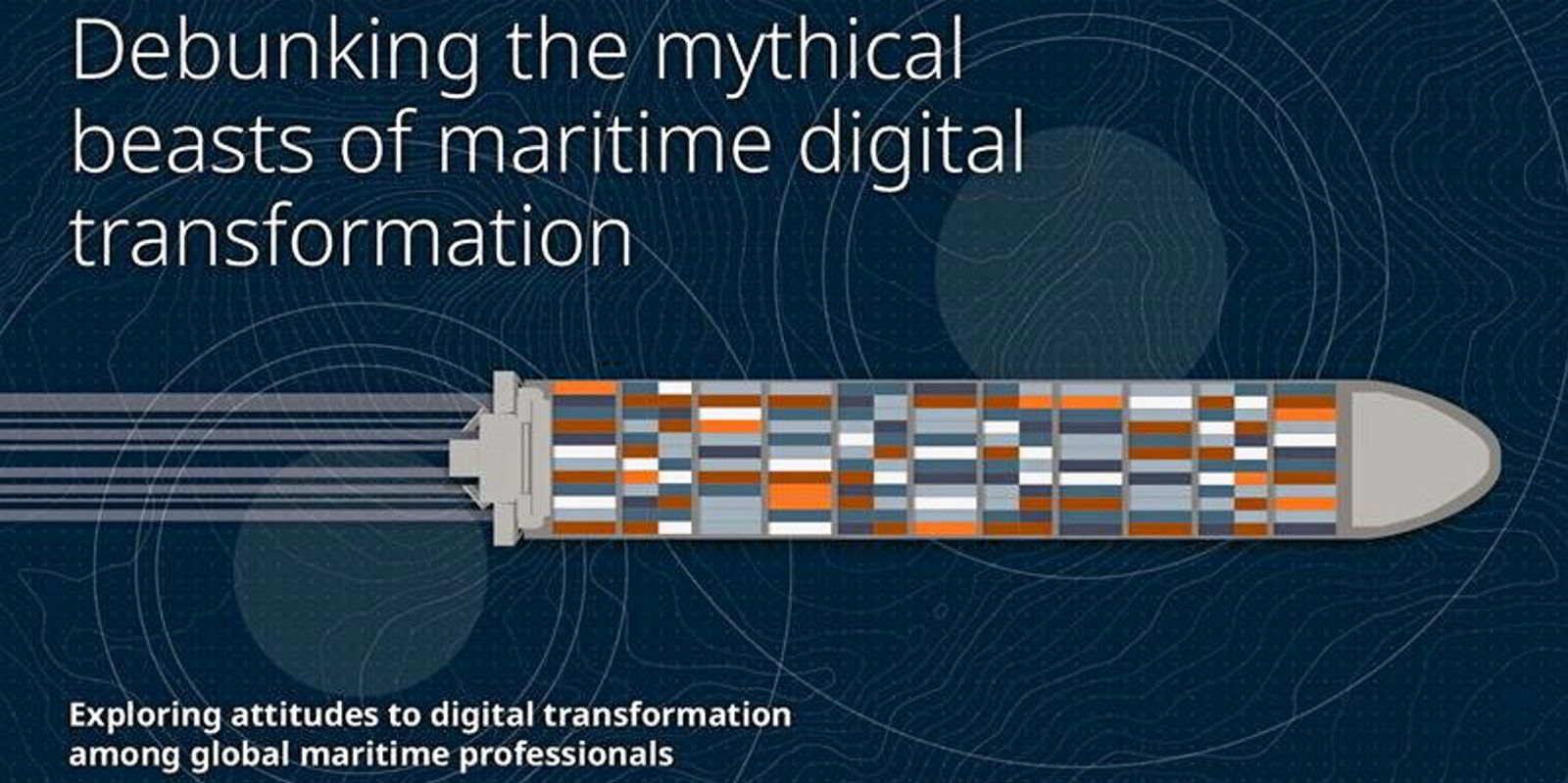Stena Line’s Niclas Martensson pleaded with stakeholders to take risks investing in decarbonisation, while a Panamanian government official said he was looking toward the industry for guidance.
Speaking on a panel at the World Economic Forum in Davos on Thursday, the Stena Line chief executive said shipping needs to be willing to take risks to slash emissions with the support of partners ashore.
But Panama’s minister of private investments, Jose Alejandro Rojas Pardini, argued that uncertainty continued to be an issue.
“We need to take risks. I think that’s extremely important,” Martensson said. “I think there are some projects [where] we can’t always be focusing on the [profit and loss], the bottom line.
“It’s not just up to one party here.”
He said Sweden-based Stena Line was working on an electrification project at the port of Gothenburg, but was running into issues with sourcing power, necessitating government investment.
“It’s very much up to each and everybody here to actually be starting up, not waiting for the other ones, to dare to take the first step,” said Martensson, whose company has experimented with methanol and batteries. “It costs [money], but we have a responsibility there.”
Rojas said even with the recent and incoming emissions regulations, there was still no consensus on what fuels or technology will be used to power ships going forward.

That leaves Panama looking to build infrastructure with complementary uses, like a $1bn LNG terminal near the Panama Canal primarily used for electricity production but could be expanded for shipping.
Another $1.2bn facility is under construction nearby, he said, and a group of companies are planning a $7bn refinery that will produce biofuels.
“We believe governments have to create the conditions and the public policy and have the private sector [invest],” Rojas said.
“Were not completely sure where we’re headed.”
But he said “you cannot push something until there is clarity as to where fuels are going.
Without certainty, it becomes difficult to get funding, Rojas added.
“The shipping industry ... are the ones that can help lead the way. They know their costs, we don't know about their cost structure,” he said.





